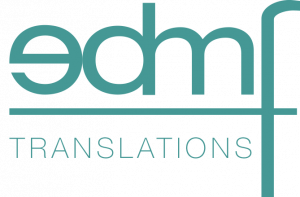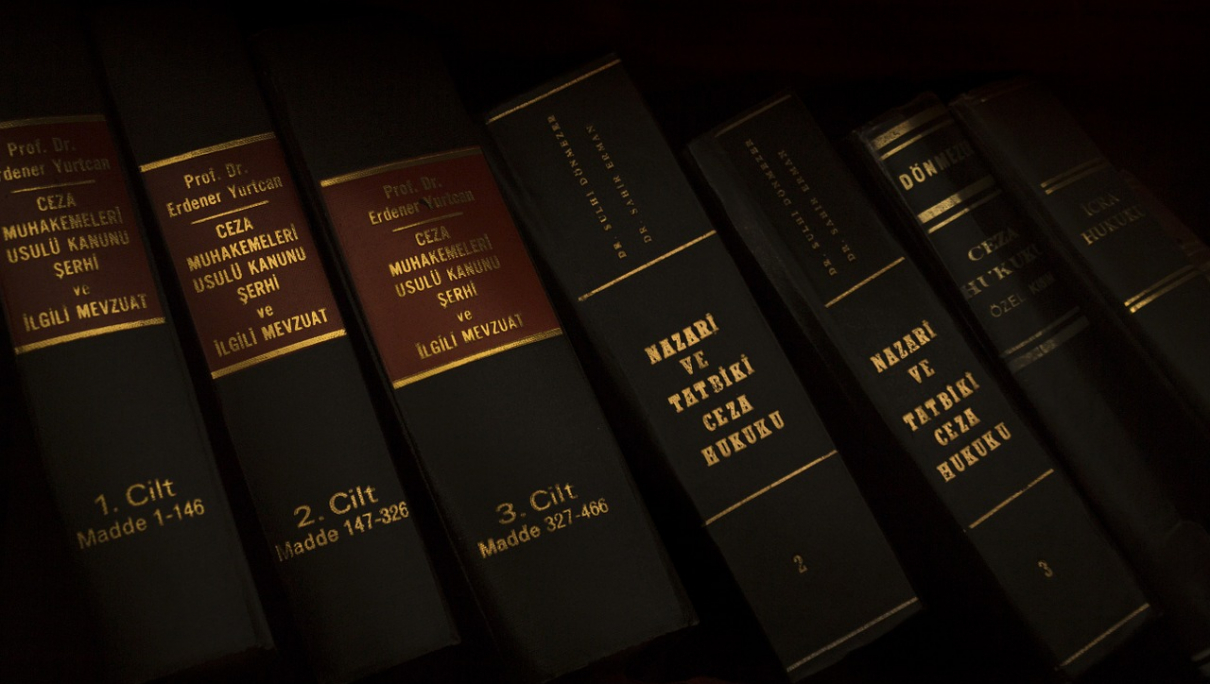CHANGE IN LEGISLATION! – Court document translations no longer need certification
The new Act CXXX of 2016 on the Code of Civil Procedure entered into force on 1 January 2018. In accordance with the new legislation it is enough to provide “simple”, i.e. not “certified”, translations of documents pertaining to newly launched civil lawsuits.
Procedures have been simplified based on the new legislation and there is no longer any need to use the services of the OFFI (Hungarian Office for Translation and Attestation Ltd.) for certified translations of documents created in civil lawsuits. It is now enough if you use the services of reliable legal translators or translation agencies. Of course, only those that comply with the provisions of Decree 24/1986 (VI. 26) MT on translation and interpretation.
Wording of the new legislation:
Section 62 [Need for translation in lawsuits]
For lack of any law, binding European Union legal act or provisions of an international agreement to the contrary, if translation is needed then a simple translation may be used. If there are any doubts regarding the accuracy or completeness of the translated text, a certified translation shall be necessary.
The intention to establish a system that curtails OFFI’s monopoly and which is in harmony with the European translation market is thus reflected not only by a European Union regulation but also by this Hungarian law.
The rules for paying translation and interpreting fees in advance have also been amended.
Section 79 [Advance payment of costs]
(2) Unless otherwise provided for by law or in a binding European Union legal act or in an international agreement, the fee of an interpreter assigned for purposes other than evidentiary procedures shall be paid in advance by the party creating the need for the interpreter.
(3) The expenses of a translator assigned for purposes other than evidentiary procedures shall be paid in advance by the claimant.
Further provisions of the new law related to translation and interpretation:
Section 67 [Formal elements of authorisation]
(5) A Hungarian translation of authorisation issued in a foreign language shall only be presented if required by the court.
Section 171 [Appendices to petitions]
(2) At least a simple Hungarian translation shall be enclosed with any document compiled in a foreign language.
Section 320 [Provision of documents]
(1) If a party wishes to prove a factual statement with a document, the document shall be enclosed to the submission or presented at the court hearing. At least a simple Hungarian translation must be enclosed for any foreign-language document. If there are any doubts regarding the accuracy and completeness of the translated text, a certified translation shall be necessary; failure to do so means the court will disregard the document.
Section 600 [Launching legal action]
(5) The court may only oblige a party to present a certified translation of any enclosed document if facts cannot be clarified in any other way.


